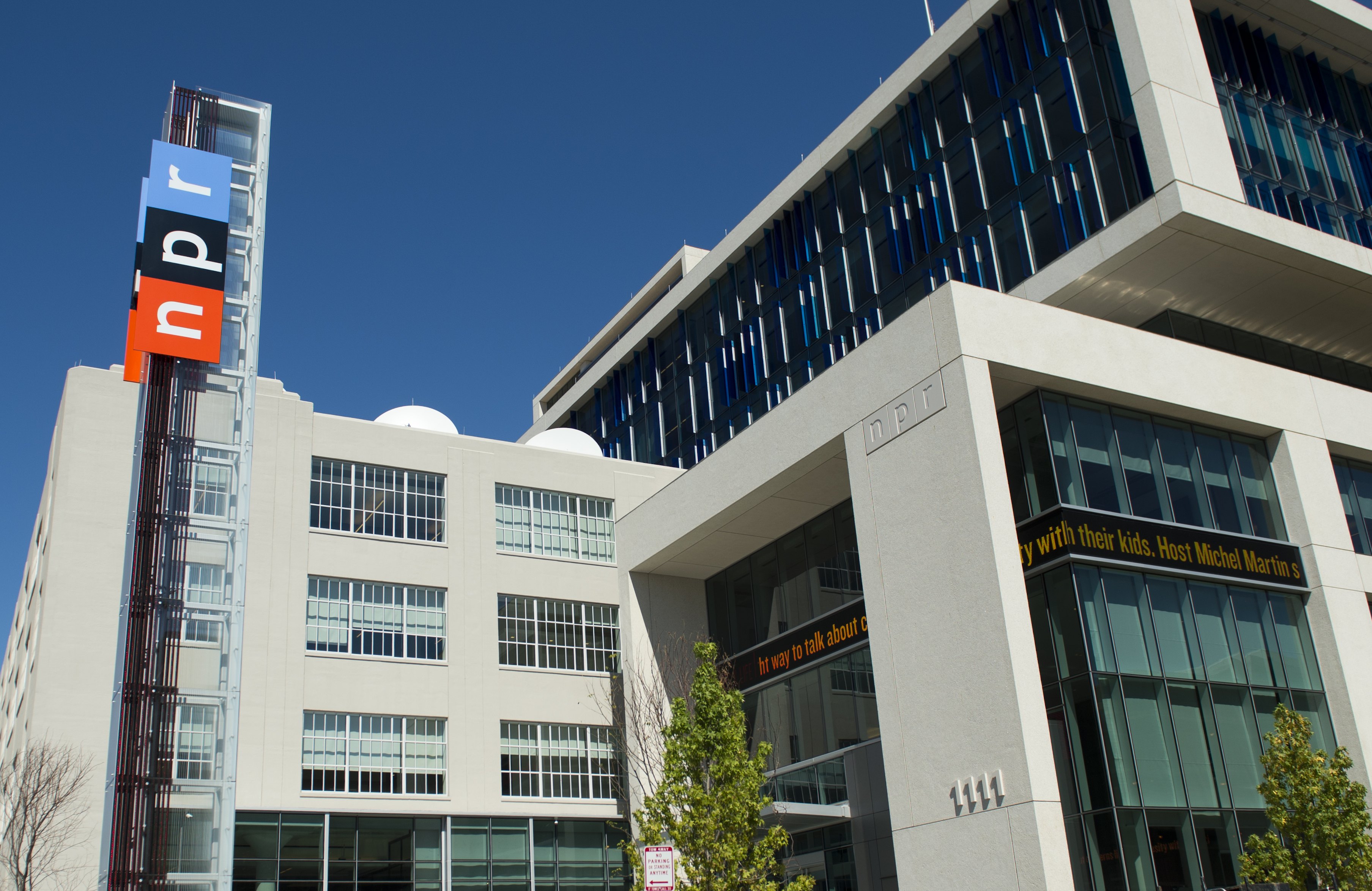
The Washington Post says there’s gnashing of teeth at NPR because of a problem that’s been developing since it started on Feb. 26, 1970 — people are aging.
Is the death of public radio at hand? Hardly, but it’s a reality, nonetheless, that the Baby Boomers who fueled the information- and culture-intensive network are in the home stretch.
“It’s a problem, and no one has really figured out what to do about it,” said Jeff Hansen, the program director at Seattle public station KUOW (94.9 FM). He noted that public radio was invented by people in their 20s in the 1970s, largely at stations funded by colleges and universities. “What they didn’t realize at the time was that what they were inventing was programming for people like themselves — baby boomers with college degrees.”
That audience has largely stayed loyal. The median age of public radio listeners has roughly tracked the median age of baby boomers. The median NPR listener was 45 years old in 1995; now he or she is 54, according to Tom Thomas, co-chief executive of the Station Resource Group, a public-radio strategy and research consortium. “The [aging] trend has been gentle and continuous for the last 20 years,” he said.
To shore up its appeal to a younger crowd, NPR’s contemporary managers say that they are going where younger ears are, both via digital technology and with programming that has younger people in mind. Although radio is still, by far, the dominant way to listen, NPR’s distribution chain now includes podcasts, Web text and streams, satellite broadcasting and social media.
NPR, you’ve probably noticed, has brought in two younger hosts of All Things Considered, its been producing a series on the lives of 15-year-olds, and it’s shifting programming efforts to on-demand.
But the network has a reality to face, the Post says, many of its biggest names are aging. Robert Siegel is 68, Linda Wertheimer is 72; legal affairs correspondent Nina Totenberg is 71, and “Weekend Edition Saturday” host Scott Simon is a relative youngster at 63, the Post says.
NPR has shown that it can move the needle on its franchise programs. A sustained promotional campaign paid off with a modest 2 percent gain in the audience for “Morning Edition” during the first six months of this year, Carrasco said.
The bad news, however, is that the radio part of public radio may be in slow and irreversible decline, a fate faced by newspapers, TV stations and other kinds of “legacy” media in the digital age.
More media: Radio star Charlie Boone dies at 88 (MPR News)
